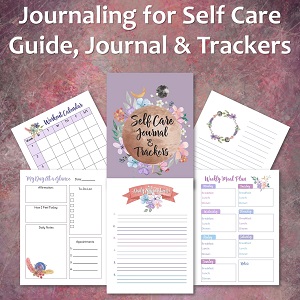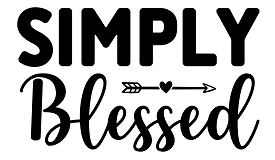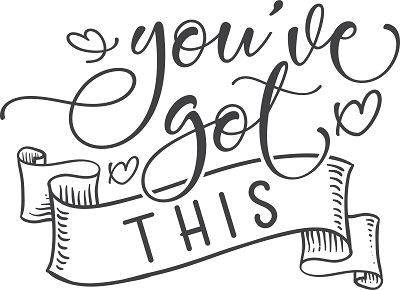 Writing in a journal is a frequently-recommended form of self-care. But what exactly makes journaling so great? A lot, as it turns out. You can manage your emotions, plan your future, and work on improving your self-talk – all with something as simple as a notebook and a pen. Here are five compelling reasons you should be journaling as a form of self-care.
Writing in a journal is a frequently-recommended form of self-care. But what exactly makes journaling so great? A lot, as it turns out. You can manage your emotions, plan your future, and work on improving your self-talk – all with something as simple as a notebook and a pen. Here are five compelling reasons you should be journaling as a form of self-care.
Journaling Helps You Work Through Your Feelings
Emotions are unruly. And when your feelings are all tangled up in a messy, confusing ball, trying to make sense of them can be exhausting. Journaling is a great tool for unraveling those tangled emotions and getting to the bottom of them. When you sit down and pour your feelings onto the page, it becomes easier to distinguish between them and see what’s really going on. That, in turn, will help you manage your emotions more effectively and make better decisions.
Explore Your Dreams for the Future
When you’re preoccupied with the demands of life, it’s easy to get stuck in the moment and forget to dream about the future. If you’ve stopped making plans for what you want your life to be like five years from now, keeping a journal can help you start dreaming and setting goals again. With your journal, take fifteen minutes to reflect on what kind of life you want to live in a year, five years, or ten years. Use your answers to help guide your decisions in the present.
Show Your Gratitude
Keeping a gratitude journal can have a transformative effect on your life. Regularly reminding yourself what you’re grateful for is a fantastic act of self-care – it’s good for your mental health, and it helps you feel happier and more optimistic on a day-to-day basis. Before you go to bed every night, try jotting down five things you felt grateful for over the course of the day.
Journaling Helps You Calm Your Mind
If you feel anxious, panicky, or overwhelmed, spending a few minutes with your journal can help you calm down and get some perspective. Responsibilities, deadlines, and worries can all seem enormous when they’re trapped in your mind. When you write your anxieties down on paper, though, they become much easier to manage. Even if your schedule is packed, taking a few minutes out of your busy day to journal will help you keep your stress levels down.
You Will Be Kinder to Yourself
Journaling helps you find patterns – both positive and negative – in the way you think. If you notice that you tend to be self-critical in your entries, try consciously switching your tone to be self-compassionate instead. Rather than writing about how you did something wrong, make a note about what you did right, and frame your mistakes as things you want to improve in the future.
Journaling is a simple – but highly effective – form of self-care. It puts you in touch with your innermost thoughts and emotions, and it helps you tweak your thought patterns to be more mindful and productive. The best part? You just need a notebook and pen to reap all the benefits of journaling. Why not give it a try today?




